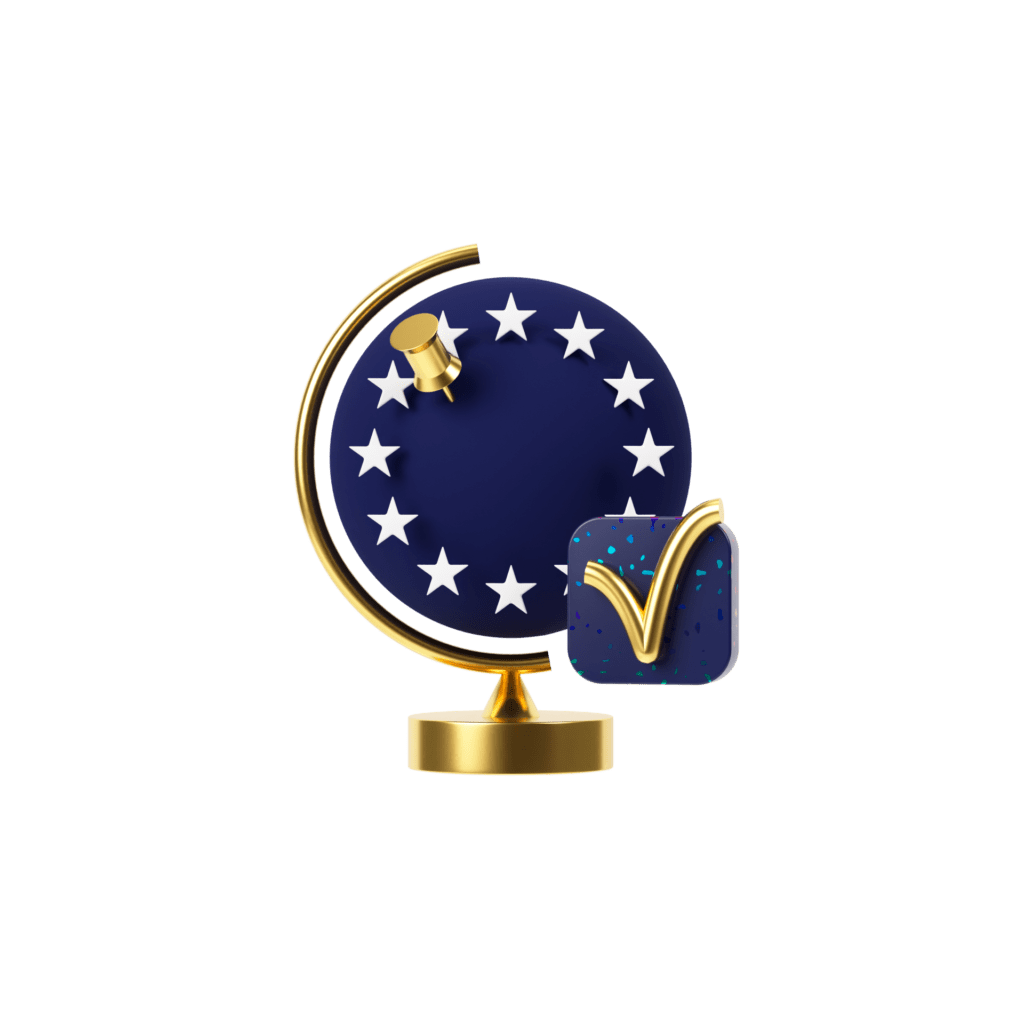
GDPR – Everything you need to know

GDPR and the data protection regulation - What does GDPR mean in practice?
- Private individuals now have greater control over their personal data and can better protect their privacy
- companies can operate and manage personal data on fair terms
- Activities between countries within the EU are now subject to the same rules and responsibilities
What GDPR means and what GDPR law means
What does GDPR mean in short?
GDPR is an EU regulation that deals with the handling of personal data. GDPR in short means that you as a company may not use people’s personal data in any way without the consent of the person in question.

What does GDPR mean for private individuals?

Data Protection Regulation and GDPR background
What does GDPR mean in practice?
- You may only collect personal information for a specified and specific purpose.
- You may only collect personal information that is necessary to fulfill the purpose.
- If you handle personal information, you must keep it correct and up to date.
- When the purpose has been achieved, the personal data must be deleted.
- Personal information must be stored securely so that it is not altered or stolen.
- You must be able to prove that you meet all the requirements and how this is done.

How long can you keep data about a customer?

In which cases is the GDPR applicable?


Who is the control body for GDPR in Sweden?
IMY (integrity authority) is Sweden’s national supervisory authority for the processing of personal data. They work to protect personal data and ensure that they are handled correctly and do not end up in the wrong hands. If you think that someone is processing personal data about you in a way that is contrary to the Data Protection Regulation (GDPR), you can lodge a complaint against them.
GDPR cookies and consent
Cookies are an important and very effective tool that can give companies and marketers a lot of insight into their users’ online activity. As most cookies collect and process users’ personal data, they are also covered by the rules for consent in accordance with the GDPR.
The rules for cookies are divided between the GDPR and the ePrivacy Directive (the European cookie law). According to the ePrivacy directive, you must obtain the consent of your users to legally use cookies, i.e. to place cookies on their devices. This is also the reason why pop-up messages appear when you enter new pages that tell you that they use cookies and that you must give your consent to it.
GDPR summary
To tie the knot, we will summarize here the most important points since the data protection regulation GDPR came into force in the form of a GDPR summary:
- What is GDPR? GDPR is an EU law with mandatory rules for how organizations and companies may use personal data in a privacy-friendly way. Today, the same rules apply to all companies and businesses operating in the EU.
- Why is the GDPR needed? The GDPR is designed to protect the privacy of citizens and individuals and is an upgrade of the EU’s previous EU data protection directive.
- The most important practicals: In summary, the meaning of the GDPR is that the law establishes obligations for companies and gives rights to citizens. It is therefore wise for companies to establish and keep their data protection program up to date. If you want to ensure that you follow the rules of the letter, you can check this GDPR checklist.


